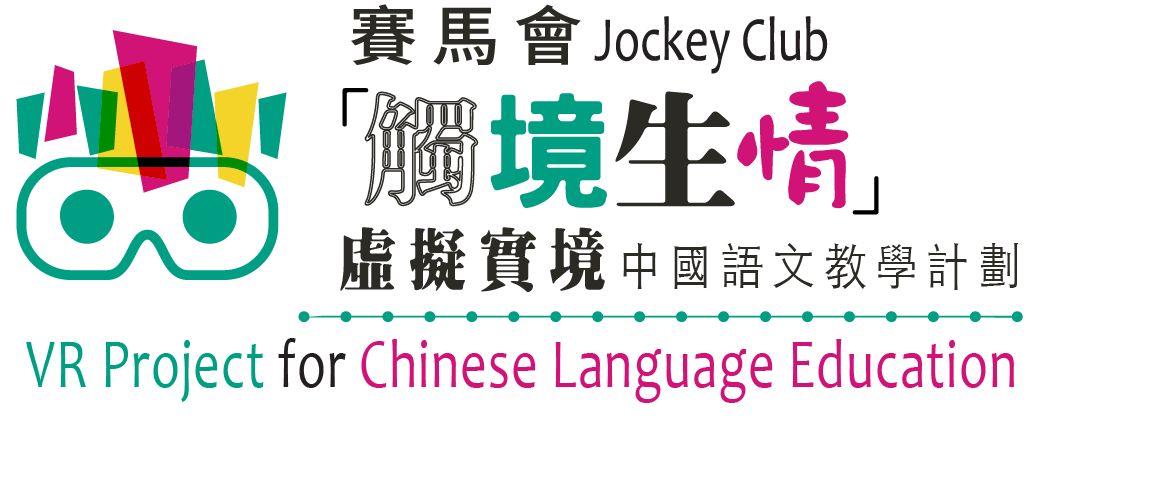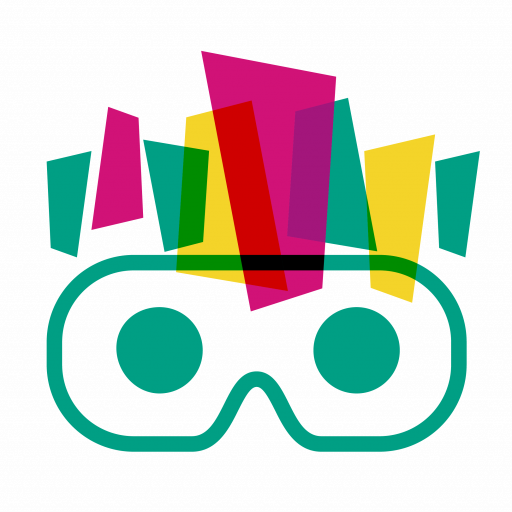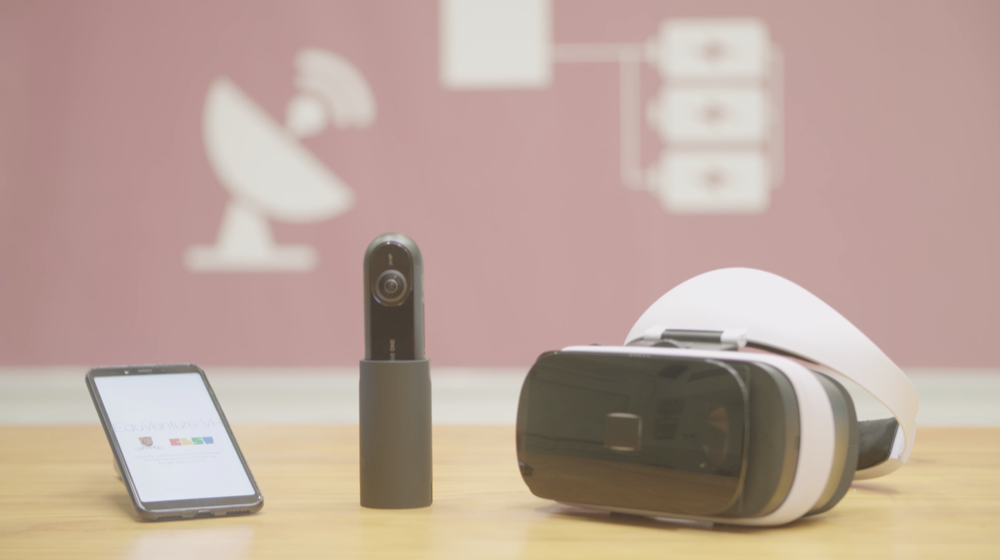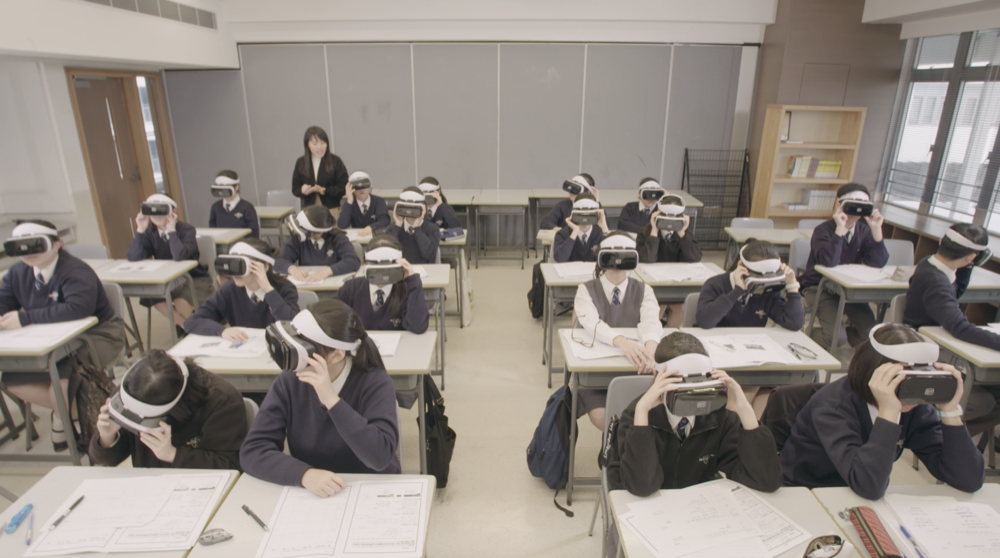
Project Details
Funded by The Hong Kong Jockey Club Charities Trust, “Jockey Club VR Project for Enhancing Chinese Language Literacy” is organised by the Centre for Learning Sciences and Technologies of The Chinese University of Hong Kong (CUHK), in collaboration with Hong Kong Literature Research Centre, Hong Kong Institute of Educational Research, and SKH St. Mary’s Church Mok Hing Yiu College, and with the support of The Chinese University of Hong Kong Library. Spanning across three and a half years, the project aims at harnessing virtual reality (VR) technologies to enhance the effectiveness of learning and teaching Chinese language. Immersed in the virtual literary scenes, students can learn how to thoroughly observe places, communities and people. It will strengthen their Chinese reading and writing proficiency, literary literacy and humanistic care. The Project is expected to reach up to 7000 students in headcount. An online library of VR-integrated Chinese literary teaching resources will be in open access.
The Meaning of the Project Name
VR technologies can create anything out of nothing. Students in the classroom can be instantly “teleported” to the places that the literary works portray. As commonly said in Chinese, a scene triggers one’s feeling. Now, a VR scene can also do the same.
Project Rationale
Requirements of Chinese Language Curriculum in Secondary Education
While writing, students should:
— The Suggested Learning Areas in Secondary Chinese Language Education (Curriculum Development Council)
Students’ performance
— Report on the HKDSE Results in Chinese Language Paper 2 (2016)(Hong Kong Examinations and Assessment Authority)
Analysis of the Discrepancy
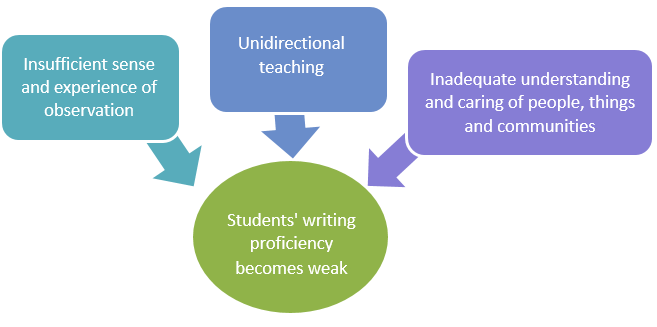
VR-based Language Teaching -> A Multidirectional Solution
Highlights of the Syllabus |
Highlights of the Syllabus |
Effects of VR-based Teaching |
|
1. Broaden language learning |
Insufficient sense and experience of observation |
Overcome the limitations of time and space that emerge in traditional classroom teaching |
|
2. Align with the development of Information Technology in Education |
Unidirectional teaching |
Integrate e-Learning into Chinese language education |
|
3. Construct situations and arouse emotions |
|
Harness an educational VR platform for practicing observation Build a strong sense of observation Foster situated learning |
|
4. Promote moral and affective education: care and solicitude |
Select individualized viewpoints Engage in affective experience and in-depth reflection |
The use of EduVenture®VR in Chinese Writing Lessons
Traditional Teaching of Writing |
VR-based Teaching of Writing |
Construct situations |
Imagination |
Observation |
|
Use the previously acquired knowledge |
Use the knowledge newly gained from the VR learning environment |
|
Create from imaging |
Create from sensing and experiencing |
|
Teachers choose and portray the subjects for writing |
Students choose their own subjects for writing |
|
Literary walks |
Literary walks in the classroom |
Visualizing the realistic scenes helps students observe the community:
Framework
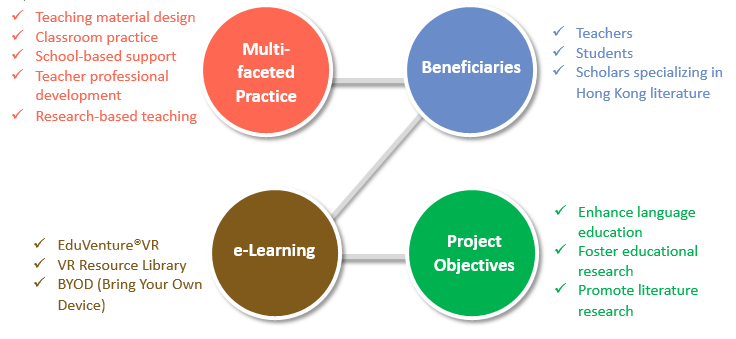
Project Implementation
1.Teaching
Workflow of the VR-based Teaching of Writing :
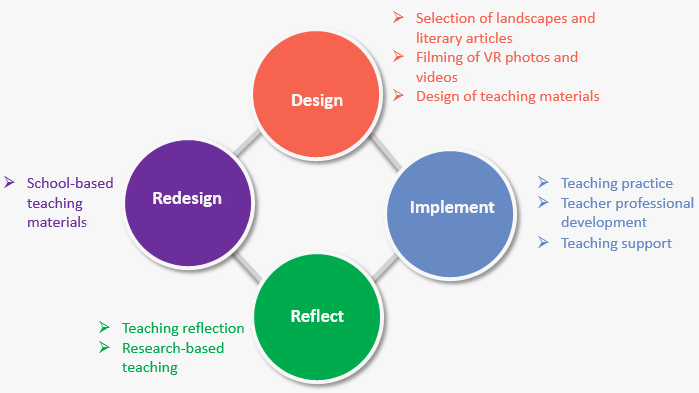
VR-based Teaching Schedule :

2.Teacher Professional Development
3.Educational Research
The Project will conduct educational research based on the data collected from the participating students and teachers, aiming to investigate the relationship between VR-based teaching and Chinese language education. The research results will be in open access.Below are the examples of the research topics:
